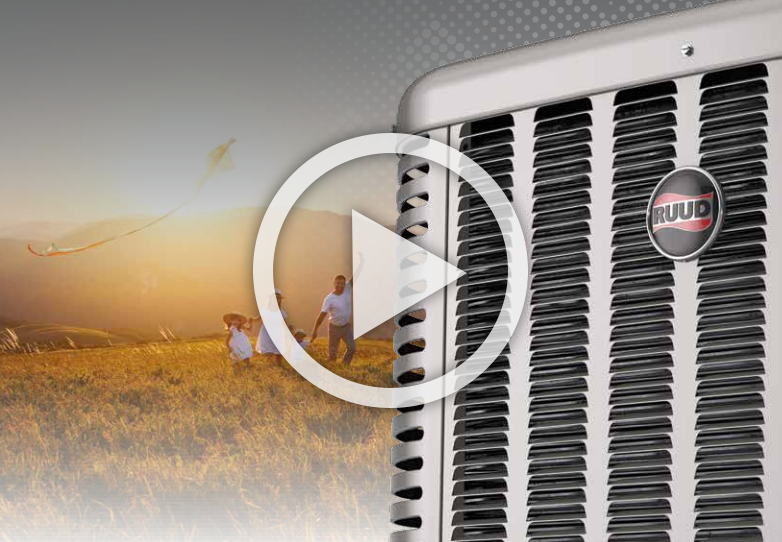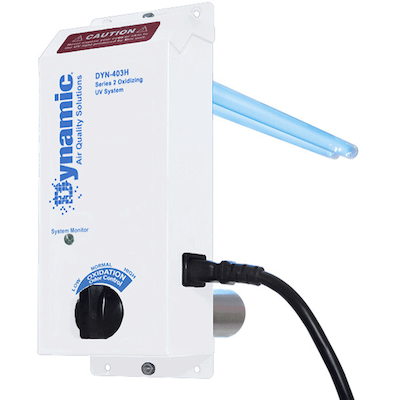Updated January 18, 2024

Choosing between a gas and electric furnace is a significant decision when it comes to heating your home during the chilly months. Both options have advantages and disadvantages, and the right choice depends on your needs and circumstances. This article will delve into the key differences between gas and electric furnaces and help you make an informed decision. We’ll also answer some common questions about these heating systems.
Gas Furnace vs. Electric Furnace – Key Differences:
Gas furnaces and electric furnaces differ in how they generate heat. Gas furnaces burn natural gas or propane to produce heat, while electric furnaces use heating elements. Here are some essential differences between the two:
- Efficiency: Gas furnaces are generally more efficient at heating your home and can produce warmer air than electric ones.
- Operating Costs: Gas furnaces often have lower monthly operating costs due to the lower natural gas cost than electricity.
- Environmental Impact: Electric furnaces are considered more environmentally friendly since they produce no emissions on-site, while gas furnaces emit combustion byproducts.
Is it Better to Have a Gas or Electric Furnace?
Deciding between a gas or electric furnace depends on several factors:
- Location: A gas furnace might be a cost-effective choice in areas where natural gas is readily available and affordable. Electric furnaces can be a better option where gas is scarce or expensive.
- Energy Efficiency: If energy efficiency is a top priority, gas furnaces are generally the better choice. They can provide higher heat output for the same amount of energy.
- Environmental Considerations: An electric furnace might be preferred if you prioritize ecological sustainability and want a furnace with fewer emissions.
Disadvantages of Electric Furnaces:
While electric furnaces have their advantages, they also come with some disadvantages:
- Higher Operating Costs: Electric furnaces tend to have higher monthly operating costs due to the typically higher cost of electricity.
- Less Heat Output: Electric furnaces may struggle to produce as much heat as gas furnaces, especially in frigid climates.
- Environmental Impact: While they produce no on-site emissions, electric furnaces’ ecological impact depends on the source of the electricity. The overall environmental benefit may be reduced if it comes from fossil fuels.
How to Determine if Your Heating System is Gas or Electric:
If you’re unsure about your heating system’s type, follow these steps:
- Check the Nameplate: Most furnaces have a nameplate with essential information. Look for the fuel type mentioned on the plate.
- Consult a Professional: If you’re still unsure, it’s always a good idea to consult a heating professional who can inspect your system and provide guidance.
Are Electric Furnaces Expensive to Run?
The cost of running an electric furnace can vary depending on several factors:
- Electricity Rates: The cost of electricity in your area plays a significant role. Higher rates mean higher operating costs.
- Efficiency: Upgrading to a more efficient electric furnace can help reduce operating costs.
- Home Insulation: Well-insulated homes retain heat better, reducing the workload on the furnace and, consequently, lowering costs.
Choosing between a gas and electric furnace is a crucial decision that should consider your location, budget, and environmental considerations. Both furnaces have pros and cons, so it’s essential to weigh these factors carefully. By understanding the differences and considering your unique needs, you can select the best heating system installation for your home.


